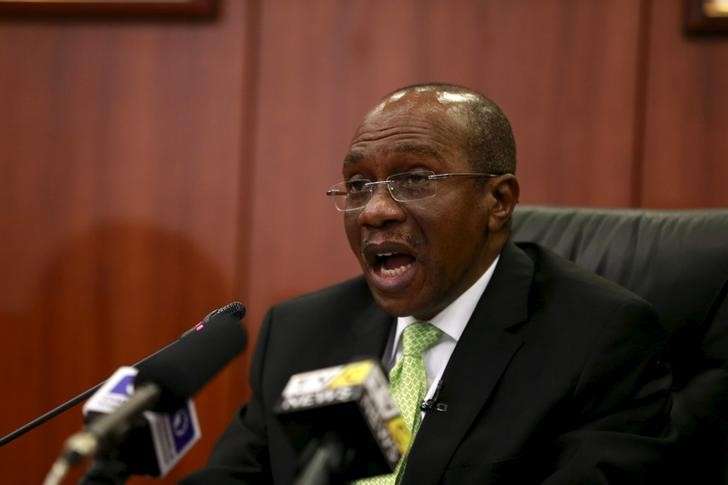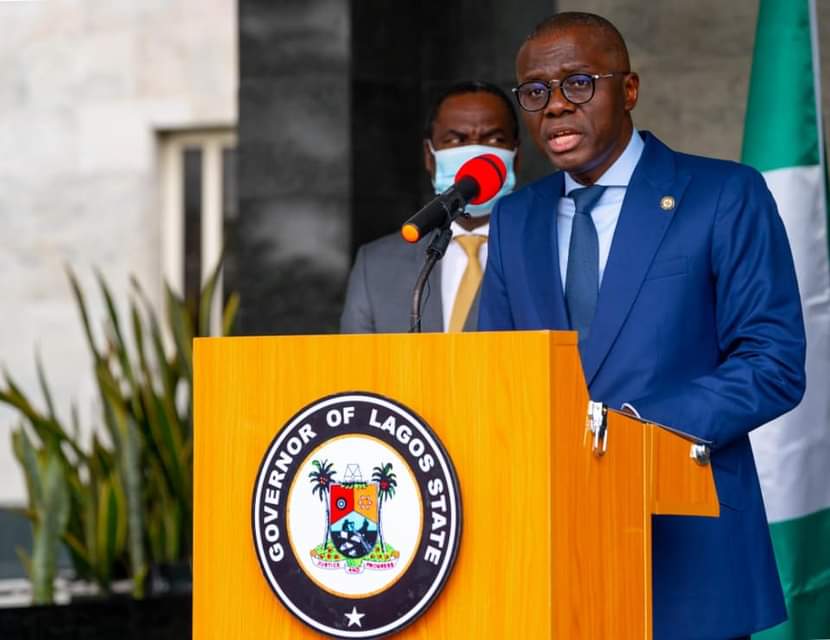Oil
Iraq tension pushes Brent above $115
LONDON – Brent crude rose above $115 per barrel on Monday, holding near a nine-month high amid concerns of possible disruptions to supply from Iraq where Sunni insurgents seized control of more towns over the weekend.
Data from top energy consumer China showing an expansion in the country’s factory sector for the first time in six months also underpinned oil prices, Reuters reported.
Brent crude rose 30 cents to $115.11 early Monday morning , just shy of $115.71 hit on Thursday, the highest since 9 September.
US crude for August delivery gained 32 cents to $107.15. The July contract expired on Friday.
“Sunni insurgents appear to control more towns, which is helping to keep the oil markets where they are. The oil markets have a pretty significant risk premium built-in already. Prices are likely to hold these levels,” Reuters quoted CMC Markets chief market analyst Ric Spooner as saying.
Brent is likely to be close to $114.50 per barrel next Friday, Spooner forecast. He expects US crude to climb to about $108 per barrel this week.
Militants from the Islamic State of Iraq and the Levant seized three towns in Iraq’s western Anbar province after taking control of two frontier crossings on the Iraq-Syrian border. Traffic on the main highway from Jordan to Baghdad was also halted after militants took control of Rutba on Sunday.
But there was a lull in fighting at Iraq’s largest refinery, the 300,000-barrel-per-day Baiji complex, on Sunday although militants surrounded the compound.
US Secretary of State John Kerry is expected to discuss possible Iraq oil supply disruptions with Gulf countries during a visit to the region this week, a senior State Department official said on Sunday.
Oil prices also drew support from the release of China’s factory data that showed new orders surged, according to a preliminary HSBC survey, indicating the economy is stabilising thanks to Beijing’s measures to shore up growth.
The HSBC/Markit Flash China Manufacturing Purchasing Managers’ Index rose to 50.8 in June, the first time since December PMI was in growth territory.
The oil market is also keeping eye on Libya’s oil production after a series of stoppages there.
The western El Feel oilfield is producing 95,000 bpd, boosting the country’s oil production to around 270,000 bpd, a spokesman for state-run National Oil Corporation said on Sunday. Output at the field resumed after a protest there ended more than one week ago.
Two tankers were docking at Libya’s eastern Hariga oil port to load a total of 1.35 million barrels, the first shipments since the port reopened after a protest by security guards, a spokesman for NOC said on Sunday.
– UPSTREAM ONLINE
Oil
NNPC Targets 60% Methane Emission Reduction By 2031
The Nigerian National Petroleum Company Limited (NNPC) has unveiled a bold strategy to reduce methane emissions in the oil and gas sector by 60% by 2031, with an ultimate goal of achieving net-zero emissions by 2060.
This announcement reinforces Nigeria’s leadership role under the Global Methane Pledge initiative and its commitment to tackling climate change.
The Group Chief Executive Officer of NNPC, Mele Kyari, disclosed these plans during a meeting on Thursday with Robert Leahman, the U.S. State Department’s Global Methane Program Manager, and a delegation from Deloitte.
READ MORE: Atiku Gloats Over AUN’s Achievements Ahead Of 20th Anniversary
The discussions, held at the NNPC Towers in Abuja, focused on collaborative efforts to reduce methane emissions through innovative and sustainable practices.
“Reducing methane emissions is not just an environmental necessity but also a strategic imperative for Nigeria’s energy transition. We are leveraging partnerships to adopt global best practices and innovative solutions,” Kyari stated.
Key among these efforts is a pilot project in the Niger Delta, aimed at establishing emissions baselines, mitigating methane leaks, and promoting sustainable operations across Nigeria’s energy sector.
The project, a partnership between NNPC, Deloitte, and the U.S. Bureau of Energy Resources, will utilize data-driven methodologies to pinpoint and address methane hotspots.
Robert Leahman commended Nigeria’s proactive stance, describing it as a benchmark for other nations on the continent.
“Nigeria’s leadership under the Global Methane Pledge sets a standard for the continent. These initiatives will not only help reduce emissions but also drive sustainable development in the energy sector,” he said.
Kyari highlighted the broader benefits of addressing methane emissions, noting its significance for both environmental protection and economic efficiency.
“This collaboration is a game-changer. By addressing methane leaks, we’re reducing waste, saving costs, and protecting the environment. It’s a win-win for our economy and the planet,” he added.
Oil
FG Introduces New Incentives To Revitalize Nigeria’s Oil & Gas Industry
In a strategic move to revitalize Nigeria’s oil and gas sector, the Federal Government has unveiled two key fiscal incentives aimed at attracting investment and enhancing energy security.
The announcement was made by Mr. Wale Edun, the Minister of Finance and Coordinating Minister of the Economy on Wednesday.
The first initiative, the Value Added Tax (VAT) Modification Order 2024, introduces critical exemptions for essential energy products and infrastructure, including Diesel, Feed Gas, Liquefied Petroleum Gas (LPG), Compressed Natural Gas (CNG), Electric Vehicles, Liquefied Natural Gas (LNG) infrastructure, and Clean Cooking Equipment.
Read Also: Atiku Calls For Rotational Presidency Across Nigeria’s Geopolitical Zones
These exemptions are designed to reduce living costs for Nigerians, promote energy security, and accelerate the transition to cleaner energy alternatives.
The second initiative, the Notice of Tax Incentives for Deep Offshore Oil & Gas Production, offers new tax relief options for deep offshore exploration projects.
This measure aims to position Nigeria’s deep offshore basin as a premier destination for international oil and gas investments, boosting the country’s appeal to foreign investors.
These reforms are part of a broader set of policy initiatives, known as Policy Directives 40-42, endorsed by President Bola Ahmed Tinubu.
The directives reflect the administration’s commitment to fostering sustainable development in the energy sector and enhancing Nigeria’s competitive edge in the global oil and gas market.
Business
Tinubu set to approve ExxonMobil-Seplat oil deal, expands CNG bus initiative

By Yemie Adeoye
NIGERIA’s President Bola Tinubu has announced that the protracted ExxonMobil-Seplat upstream oil divestment will be formally approved by the Minister of petroleum within a matter of days, just as he announced his government’s intention to expand the Compress natural Gas, CNG buses initiative.
The President who stated this during his Independence day nationwide broadcast stated that the move is in line with his administration’s commitment to free enterprise, free entry and free exit in investments which is the hallmark of his administration investment policy.
“Fellow compatriots, our administration is committed to free enterprise, free entry, and free exit in investments while maintaining the sanctity and efficacy of our regulatory processes. This principle guides the divestment transactions in our upstream petroleum sector, where we are committed to changing the fortune positively. As such, the ExxonMobil Seplat divestment will receive ministerial approval in a matter of days, having been concluded by the regulator, NUPRC, in line with the Petroleum Industry Act, PIA. This was done in the same manner as other qualified divestments approved in the sector.”
The President also seized the opportunity to plead with Nigerians to be patient with his administration’s reform policies. “As your President, I assure you that we are committed to finding sustainable solutions to alleviate the suffering of our citizens. Once again, I plead for your patience as the reforms we are implementing show positive signs, and we are beginning to see light at the end of the tunnel”.
“Our energy transition programme is on course. We are expanding the adoption of the Presidential Initiative on Compressed Natural Gas for mass transit with private sector players. The Federal Government is ready to assist the thirty-six States and FCT in acquiring CNG buses for cheaper public transportation.
Fellow Nigerians, while we are working to stabilise the economy and secure the country, we also seek to foster national unity and build social harmony and cohesion. Our economy can only thrive when there is peace”. he enthused.















